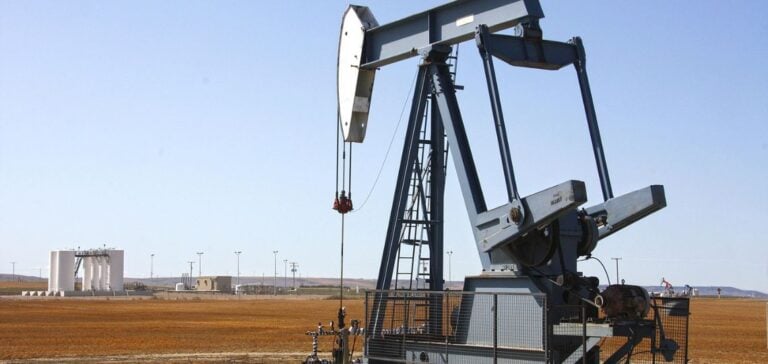The National Hydrocarbons Commission (CNH) has confirmed that Mexico will continue to depend on hydrocarbons in 2023. Private operators and the state-owned oil company Pemex will accelerate the pace of drilling in the first half of the year to meet their commitments before the end of the year.
The next steps will depend on the volumes collected over the next few months. By 2022, more than 20 companies would have already ceded their blocks to the government to focus on more promising options.
Thus, Lukoil hopes to extract 250 million barrels of crude oil by concentrating on zone 12. For their part, Repsol and Petronas are interested in the deep waters of Area 29. They have recently discovered Polok and Chinwol with a potential of 190 million and 120 million boe respectively.
Finally, the Mexican Treasury has injected a cool 404 billion pesos ($20.2 billion) into the state-owned company Pemex for 2023. This investment should be sufficient to meet the needs of domestic consumption, an objective that the public institution has set itself since its creation.
The giant Eni
To date, Eni is the largest private company in Mexico, producing 25,200 barrels daily. Its new floating production, storage and offloading unit will enable it to drill eight new wells in Block 1, which includes the Amoca, Mizton and Tecoalli fields.
630 million investment will allow Eni to harvest 300 million barrels of crude and 185 Bcf of gas in the same block. In addition, by 2024, it could increase its production to 90,000 b/d.
Finally, the company will continue to conduct deepwater operations in Area 10. The discovery of Saaskem and Sayulita leads him to believe that a fruitful collaboration can be established with the government and the company Pemex.
High stakes
For both the public and private sector, many challenges remain. Indeed, drilling rigs are scarce in Mexico, since only one of the nine rigs ordered in 2022 would have arrived safely. This shortage has already forced Eni, Murphy and Shell to revise their drilling plans as the available rigs are not suitable for all types of wells.
Aparicio Romero, an analyst at S&P Global Commodity Insights, justifies the problem this way:
“Middle Eastern customers are increasing their drilling activity and, according to market participants, are willing to pay attractive fees to rig owners, outbidding others.”
Finally, Pemex is also, it should be noted, the most indebted exploration and production company in the world. It will have to pay $8 billion in interest in 2023 and the same for 2024.
The company has a production target of 1.9 million b/d in 2023. However, some criticize it for having a far too narrow vision to achieve this by restricting itself to onshore and shallow water deposits.






















